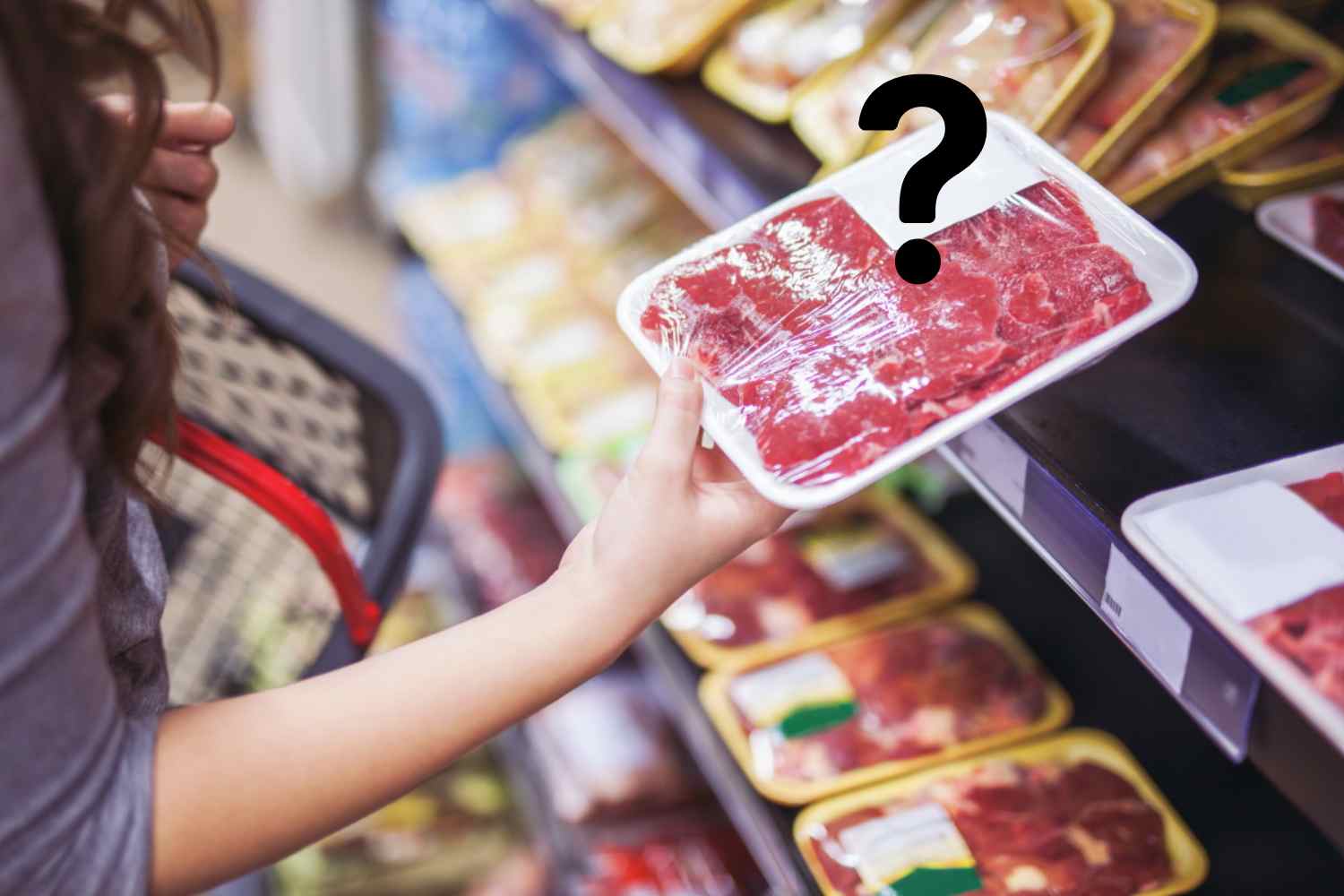Switzerland introduces mandatory labeling of painful animal practices on food packaging and bans cruel fur imports starting July 2025, setting new transparency standards

Table of contents
Starting July 1, 2025, Switzerland will implement new measures that represent a significant step toward food transparency and animal welfare protection. The Federal Council has approved a series of ordinances that mandate the declaration of painful practices used in production on packaging of animal-derived foods. This represents a meaningful shift designed to make consumers more aware of the choices they make daily in supermarket aisles.
New labeling requirements for animal products
In simple terms, within about a month, meat, milk, eggs, and other animal-derived foods will need to display detailed information about production methods on their labels. Specifically, it will be mandatory to indicate practices that cause suffering, such as castration or dehorning without anesthesia in cattle, or tail docking and tooth removal in pigs. Even more extreme cases, like cutting the legs of live frogs without anesthesia, must be clearly indicated.
The goal is to increase transparency and provide consumers with concrete tools to guide them toward more ethical and informed choices. The Swiss government has emphasized that this information will also be available in restaurants, small commercial activities, and retail outlets, which will be required to verify compliance with the declaration obligation as part of their self-monitoring.
Controversial foie gras faces new restrictions
The measure also addresses a particularly controversial food: foie gras. Although production of this food, obtained through force-feeding geese and ducks, has been banned in Switzerland for over 40 years, importation is still permitted. Starting in July, however, these products must also clearly display the production method on their labels. This measure is part of a popular initiative calling for a complete ban on its importation.
Ban on cruelly-obtained fur imports
Simultaneously, the Federal Council has decided to ban the importation of fur obtained through cruel methods. Starting July 1, fur retailers – including specialized stores, fashion boutiques, and online sellers – must demonstrate that their products meet the animal welfare standards required by law. Currently, regulations only require declaration of species, origin, and source of the hide. However, according to Swiss authorities, the sector doesn’t sufficiently comply with these requirements: in 2023, 60% of inspected retail outlets were found non-compliant.
The new obligations require that non-compliant products be withdrawn from the market and that violators face criminal prosecution. A two-year transitional period is provided to allow adaptation to the new rules.
Setting a global precedent
While not yet exhaustive, these initiatives mark a clear direction aimed at informing and empowering purchasers. This represents an important signal that could soon inspire other countries to follow Switzerland’s example.
